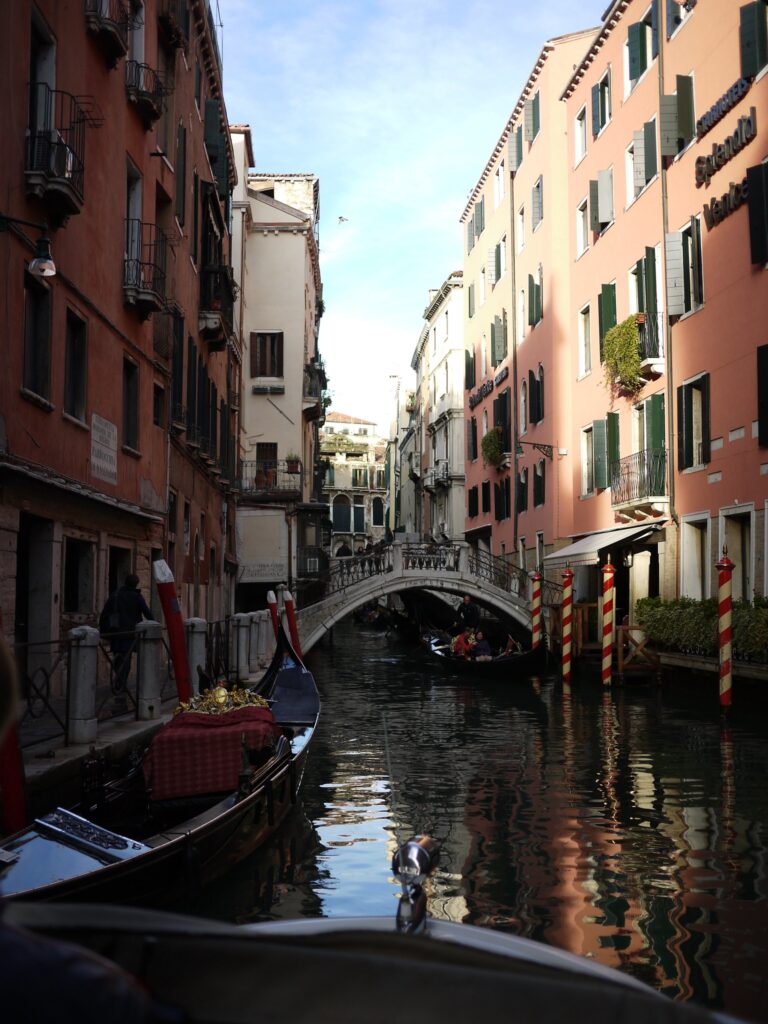“Streets full of water — please advise.”
From a famous journalistic cable in the Hearst era.
Quote of the Day
“The more things a man is ashamed of, the more respectable he is.” * George Bernard Shaw
Musical alternative to the morning’s radio news
Mozart | Sonata #10 in C Major | Andante Cantabile | Glenn Gould |
Long Read of the Day
Secret Passage: Decoding ten bars in Wagner’s “Ring.”
Wonderful meditation by Alex Ross on the Ring
Wagner’s reputation for gigantism misses the mark. The “Ring” is big, no question, but it is made up of hundreds of intimate moments, through which the mythical squabbles of gods, dwarves, and men take on an almost uncomfortable immediacy. It is an affair of sidelong glances, compassionate shrugs, paralyzing hesitations, callous joys, comforting sorrows, and, beneath it all, endless yearning.
Ross picks on one of those ‘intimate moments’.
Just before Wotan falls to pieces, the orchestra plays a brief interlude—more a “microlude,” to borrow a term from the Hungarian composer György Kurtág. It is couched in E-flat major, which, significantly, is the key in which the “Ring” commenced, the primeval harmony of the Rhine. It consists of a single upward-arcing, gently aching phrase, lasting ten bars and around thirty seconds. It is not part of Wagner’s leitmotif system, the network of themes representing characters, objects, and ideas. It appears just this once, a solitary spasm of regret.
I’ve loved the passage as long as I’ve known the “Ring.” Each time I hear the opera, I wait for it, and try to grasp it as it unfurls. It seems to communicate some essential wisdom that the characters cannot put into words. So I dug into those ten bars—studying the score, reading the literature, talking to musicians—in the hope of gaining a perspective that might elude me if I started with Antigone or Colonel Kilgore. There are, of course, no final answers in the “Ring,” a behemoth that whispers a different secret into every listener’s ear. But I suspect that Willa Cather, in her operatic novel “The Song of the Lark,” was onto something when she had her heroine say, “Fricka knows.”
I’m really a musical ignoramus but I love the way Ross writes about it.
‘It’s a very special picture.’ Why vaccine safety experts put the brakes on AstraZeneca’s COVID-19 vaccine
This is the most informative piece I’ve seen on the more detailed reasoning that has led to the (temporary?) suspension of the AstraZeneca vaccine in EU countries.
Scientists don’t know whether the vaccine causes the syndrome, and if so, what the mechanism is. “Everyone’s scratching their heads: Is this a real signal?” says Robert Brodsky, a hematologist at Johns Hopkins University. But vaccine safety officials say they did not take the decision lightly, and that symptoms seen in at least 13 patients, all between ages 20 and 50 and previously healthy, in at least five countries are more frequent than would be expected by chance. The patients, at least seven of whom have died, suffer from widespread blood clots, low platelet counts, and internal bleeding—not typical strokes or blood clots. “It’s a very special picture” of symptoms, says Steinar Madsen, medical director of the Norwegian Medicines Agency. “Our leading hematologist said he had never seen anything quite like it.”
The New York Times reported that a somewhat similar blood disorder, called immune thrombocytopenia (ITP), has been seen in at least 36 people in the United States who had received the Pfizer and Moderna vaccines against COVID-19. The U.S. Food and Drug Administration said it was investigating these cases, but also said the syndrome did not appear to be more common in vaccinated people, and immunizations in the United States have continued. But it seems that the cases seen in Europe in recent weeks are distinct from ITP, which lacks the widespread blood clots seen in the European patients.
There seem to be all kinds of possible explanations for the European cases. We’re they a product of an immune system over-reaction? Were some of the victims actually infected with Covid-19 when they were vaccinated? It’ll be a while before we get to the bottom of this, and in the meantime some people will catch Covid and die from it.
It’s a very mysterious disease. The remark of Steiner Madsen — about how Norway’s leading hematologist “had never seen anything quite like it” reminded me of the case of a good friend of mine — the fittest person I knew — who caught Covid and nearly died from it, after having two massive strokes (from which he is making an astonishing recovery). The neurologists who dealt with his case likewise said that they had never seen anything like it before.”
Meanwhile, I’m looking forward to my second jab.
Thanks to Seb Schmoller for alerting me to the Science article.
Another, hopefully interesting, link
- Why Mount Everest’s height keeps changing. Something I never thought about. But really interesting. Link Geologists think the Himalayas are rising by 5mm a year.
This blog is also available as a daily email. If you think this might suit you better, why not subscribe? One email a day, delivered to your inbox at 7am UK time. It’s free, and there’s a one-click unsubscribe if your decide that you inbox is full enough already!
